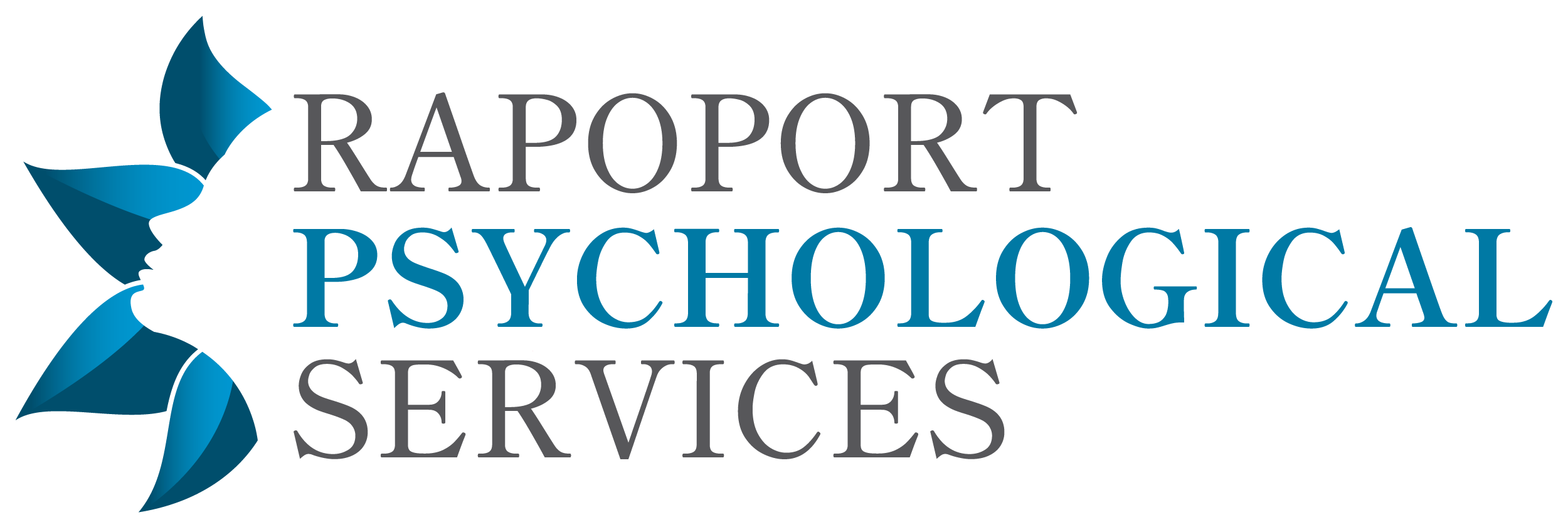Common Myths About Grief & Loss
August 30th is National Grief Awareness Day, which was founded by author and grief specialist, Angie Cartwright, for the purpose of bringing awareness to how our society understands grief and increasing support for those who have experienced loss.
Undergoing a loss is an overwhelmingly painful experience many individuals go through. Even if you have not personally experienced a profound loss, chances are you have a close friend or family member who has. Sometimes it can be difficult finding ways to support someone who is grieving, as the grieving process is a highly personal journey. One of the best ways to support someone who is grieving is to learn about grief, as there are many misconceptions about grief & loss. Here are some common ones from a grief counselor in New York, NY.
Common Myth: Grief Occurs In Clearly Defined Stages
Experts generally describe five stages of the grieving process: Denial & Isolation, Anger, Bargaining, Depression, and Acceptance. Elisabeth Kubler-Ross, a swiss-American psychiatrist and the author of the best-selling book, On Death and Dying, first described her theory of the five stages of grief to describe the process patients go through as they come to terms with their own terminal illness. Over time, the stages were applied to grieving friends and family members, as it was observed they also underwent a similar process after a loss.
One of the biggest misconceptions about grief is that it occurs in these clearly defined stages.
In truth, individuals move through the stages differently and at different paces depending on their own individual circumstances, often moving back and forth between stages or having experiences not defined by the stages at all.
If you are experiencing grief, you may feel frustrated if you feel as though you are not “moving on to the next stage.” Instead of comparing your journey with stages, ask “what can I do to find support?” One of our grief counselors states that the most important thing to remember is you are not alone, and asking for help is a sign of strength.
Common Myth: Acceptance Will Make Grief Go Away Completely
There is no set amount of time that will allow grief to go away completely. Many people can become frustrated that they have not been able to “get over” their loss after a set amount of time has passed. Grief will come in waves and may occur during significant life events or life transitions. Even though grief can last for many years, the hope is that it will not always be a painful process. Grief helps us to come to terms with our loss, cherish the bittersweet memories we had with our loved ones, and build a healthy future for ourselves while holding space for our loss.
It’s important to set up a support system for the times when grief feels overwhelming. A support system could be a trusted friend, a grief counseling/therapist who specializes in grief, or even a support group that focuses on grief and healing.
Common Myth: Friends & Family Are The Best Support
For many people, close friends and family members provide essential love and support through the grieving process. For others, friends or family may not provide the comfort or safety needed to grieve. If the loss was sudden and you had a strained relationship with the deceased, you may not feel comfortable sharing your feelings. This could be for fear of guilt with a friend for fear of being judged too harshly. Memories may be too painful to discuss with family members and could cause anger or frustration. Oftentimes, finding a trusted grief counselor or grief support group can help you cope with your loss in a healthy and safe environment.
A Grief Counselor’s Perspective on Grief Awareness
One of the benefits of National Grief Awareness Day is that it can be used to learn about the grieving process and bring awareness to misconceptions, helping us to support ourselves and others in more effective ways. Grief can feel isolating, but it is always important to remember you are not alone and there are many resources that can help you through the grieving process.
Healing Takes Time! Talk with a Grief Counselor for Support.
And do so in ways that feel comfortable for you. RPS in Manhattan offers both in-person and online therapy in New York City, NY so you can receive support from the comfort of your home.
Schedule a free consultation
We’ll reach out within 48 hours to answer your questions and match you with the perfect in-person or online grief counselor/therapist!
Schedule your first appointment and start to heal
Other Services at Rapoport Psychological Services
Life can change at the drop of a hat. Losing someone is not an easy process. Grieving doesn’t happen in a linear process despite what the model indicates. If you need support, we offer therapy for women, but we can help you with specific mental health issues. Additional services we provide include depression treatment, anxiety treatment, PTSD treatment and trauma therapy, testing services for ADHD, including adult ADHD and child ADHD, online therapy for moms, Coaching with Dr. Zoe, professional development, and group therapy. Lastly, we offer workshops on women’s empowerment, grief, mindfulness, and stress management. We really look forward to walking alongside you and hope you will take the next step and begin in-person or online therapy in New York!



